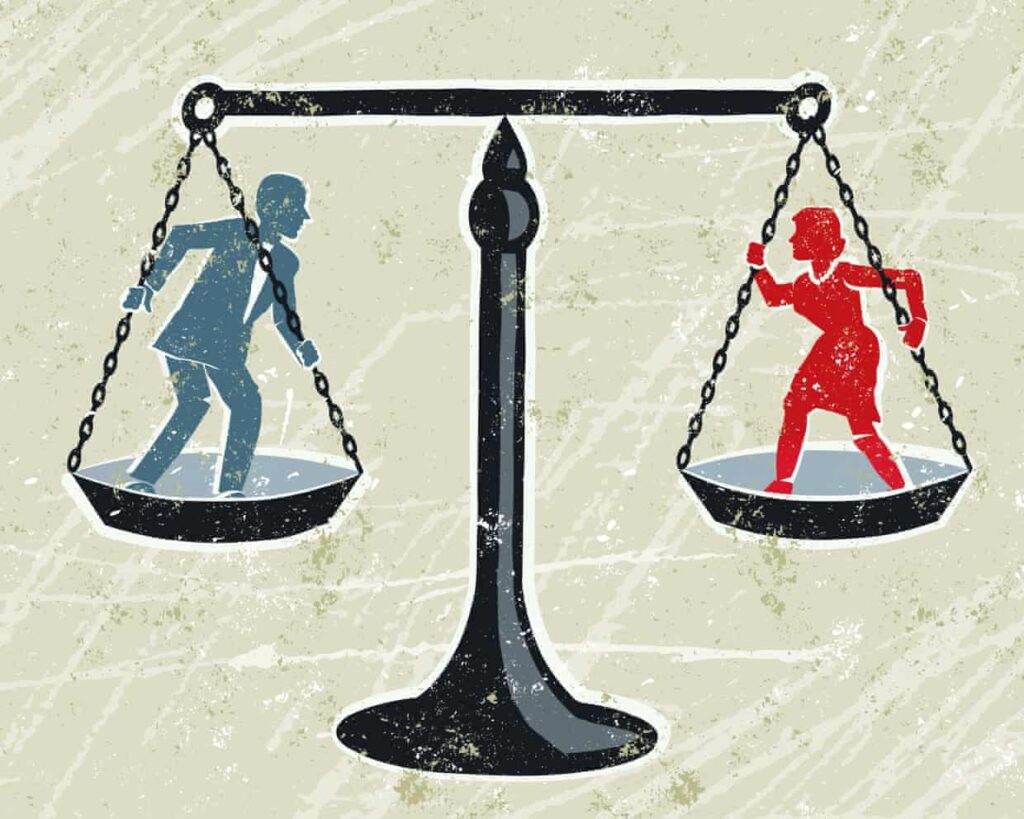
Concerns over male identity in the workplace have been reignited by American journalist Helen Andrews, who recently spoke at the National Conservatism conference in Washington, D.C. Andrews argues that the increasing presence of women in the workplace has led to what she calls the “Great Feminisation,” a shift she believes undermines traditional masculine values and creates an imbalance detrimental to both men and women.
Andrews’ theory posits that an influx of women in leadership roles has favored qualities traditionally associated with femininity, such as collaboration and conflict resolution, at the expense of attributes viewed as masculine, like assertiveness and competition. She expresses concern for her sons, fearing they will struggle in a world she perceives as feminised. This perspective, however, overlooks two critical truths: firstly, stereotypes about femininity do not represent all women, just as notions of masculinity fail to encapsulate all men; and secondly, the goal should not be a feminised world, but rather a feminist one that promotes equality.
For centuries, societal structures have perpetuated the exclusion of women from education and many professions. Despite their significant contributions—often in informal or low-paid roles—women have historically been marginalized. As paid employment outside the home has been predominantly associated with men, work has become intertwined with male identity.
Echoing Andrews’ sentiments, Scott Galloway, an American academic and author, has highlighted the economic pressures men face. In his recent book, *Notes on Being a Man*, Galloway links declining wages and rising unemployment to a broader identity crisis among men. He frames issues of economic stability as primarily male concerns, although he does not advocate for the exclusion of women from the workforce.
Recent findings from a report titled *The State of UK Men*, published by Beyond Equality, shed light on the struggles men face in today’s economic landscape. The report revealed that 88% of surveyed men equate masculinity with financial provision for their families. Yet, alarmingly, 40% reported that their income fell short of meeting daily needs, while over half expressed anxiety about their financial futures. Notably, women are grappling with similar economic challenges, and the survey indicated that men and women equally lack a sense of purpose in their lives.
The UK gender pay gap currently stands at approximately 13%, with women more likely to occupy part-time positions that typically offer lower wages. Furthermore, women are increasingly taking on roles as heads of households, navigating the pressures of raising children and managing finances. Charities like the Women’s Budget Group refer to these individuals as the primary “shock absorbers” of poverty.
The societal response often reflects a peculiar bias, displaying greater sympathy towards men facing economic barriers. This phenomenon, which one could term the “masculinity burden,” positions challenges to men’s income and job security as personal affronts to masculinity. This perspective tends to downplay the equally significant struggles women face, as their experiences of precarity are not framed in the same way.
The findings from *The State of UK Men* indicate that societal expectations continue to measure men’s worth by their professional success and financial stability, rendering failure an existential threat. This pressure is not exclusive to men; women endure their own set of societal expectations, including beauty standards and judgments surrounding motherhood. The problem lies in the rigid gender norms that dictate success and worth, ultimately setting both genders up for failure in various aspects of life.
What men truly need to thrive in the workplace extends beyond the question of female representation. Vital factors include job security, livable wages, affordable housing, reliable sick pay, and flexible working conditions that accommodate parenting and caregiving. Encouragingly, the report highlights a willingness among men to embrace shared responsibilities; approximately 83% of men support sharing household duties, and 80% seek practical support for greater involvement in family life.
These measures would benefit not just men but society as a whole, recognizing that all individuals possess fundamental needs for love and care within their families and communities. If one wishes to label these desires as feminised, it is a label that aligns with the principles of feminism, which advocate for equity and support for all individuals, regardless of gender.
As discussions surrounding gender roles and workplace dynamics evolve, it is imperative to acknowledge the complexities of identity and the need for a more inclusive understanding of both masculinity and femininity in shaping a fairer world for everyone.






